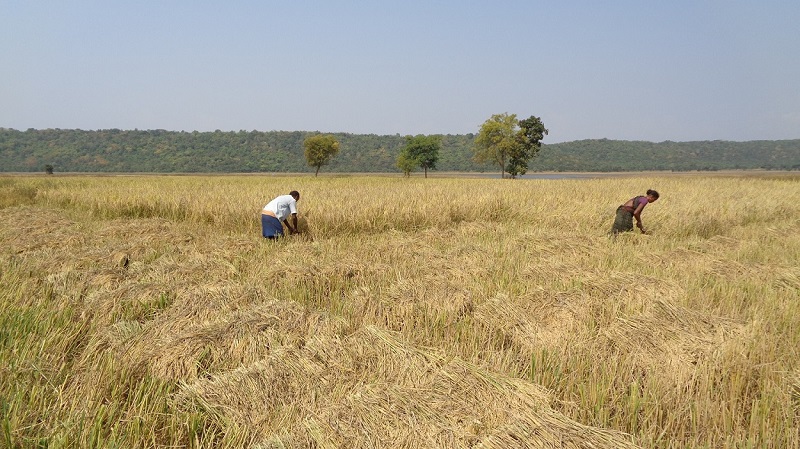MSc Development Management student, Edgar Buberwa explores the concept of brain circulation within the African diaspora, challenging traditional notions of brain drain or gain.
Over the weekend of March 22nd-23rd, 2024, the London School of Economics (LSE) hosted its esteemed 10th Annual Africa Summit, a prominent student-led conference. This summit convenes distinguished scholars, influential politicians, activists, and visionary entrepreneurs to delve into critical Afro-centric issues and Africa’s evolving role on the global stage. The overarching theme of this year’s summit was “African Minds, Transforming Futures: Building Resilient Education Systems,” with discussions ranging from adaptive education during crises to the right to education in Africa and gender dynamics in higher education.
Among the breakout sessions, one particularly captivating discussion focused on “Analysing Diaspora Impacts: Brain Drain or Brain Gain?” This session delved into how the African diaspora contributes to, or faces limitations in, fostering development on the continent. The session featured esteemed panellists such as Nancy Masila, founder of Jasiri Network, Loksan Harley, Migration & Diaspora Specialist, a prominent business and development executive Prof. Gibril Faal OBE, Stone Atwine CEO of Eversend and expertly moderated by Tosin Adebisi, Senior Programme Manager of the African Leadership Programme at LSE. The conversation explored the challenges and opportunities of diaspora engagement in Africa. This blog captures a few insights from the dialogue, setting the stage for continued discourse and action in this vital area.
Redefining Talent Mobility: The Concept of Brain Circulation
Early on, brain circulation took centre stage, challenging the traditional notions of brain drain or brain gain. Historically rooted in ancient human virtues, brain circulation underscores the dynamic flow of talent across borders in response to shifting resources and power hubs. This phenomenon is evident in contemporary Africa, where talent follows knowledge and opportunities, driving emigration and return migration.
Panelists highlighted how Africa’s evolving landscape is reshaping the dynamics of brain circulation. A fintech founder shared insights into his journey from Africa to Europe in pursuit of capital for his startup, only to witness a few years later a reversal as investment flows back to the continent, in tech hubs around cities like Nairobi, Lagos and Capetown. This trend reflects a mutual exchange of talent and resources, with potential benefits for diaspora and home countries.
Maximizing gains from brain circulation
Moreover, the discussion emphasized brain circulation’s mutually beneficial impact in origin and destination locations, with some examples on healthcare and sports. For instance, the emigration of healthcare workers to the UK, for instance, has paradoxically contributed to raising standards of healthcare education in Nigeria. Similarly, the influx of foreign talent into English soccer leagues has elevated the skills of domestic players, standards, style and the overall quality of the leagues, debunking notions of crowding out opportunities for homegrown talent. An article by Joseph Colubriale “Help Or Hindrance? The Impact of Foreign Players on the Barclays Premier League in the 21st Century”, further elaborates on the mechanisms of this topic.
Leveraging constant engagement for change
Amidst these dynamics, a consensus emerged around the importance of constant engagement with the continent. The diaspora has a multitude of ways to make a difference, both on a national scale and as individuals. State-led initiatives like the Rwandan Diaspora Engagement Project harness the expertise of diaspora in key sectors, while campaigns like the Year of Return fosters connections with people of African descent.
Whether through active return, passive return, or virtual engagement, the diaspora plays a crucial role in Africa’s development journey. We cannot downplay virtual return, which, in particular, offers a prevalent avenue for diaspora to contribute remotely through financial support, investment, knowledge sharing, and advocacy. My major take is that the concept of brain circulation offers a compelling framework for understanding the dynamic interplay between diaspora engagement and Africa’s development. By embracing constant engagement and harnessing the potential of the diaspora, Africa can leverage its diverse talent pool to build a brighter future for generations to come.
The views expressed in this post are those of the author and do not reflect those of the International Development LSE blog or the London School of Economics and Political Science.
Featured image: Christina @ wocintechchat.com via Unsplash.





